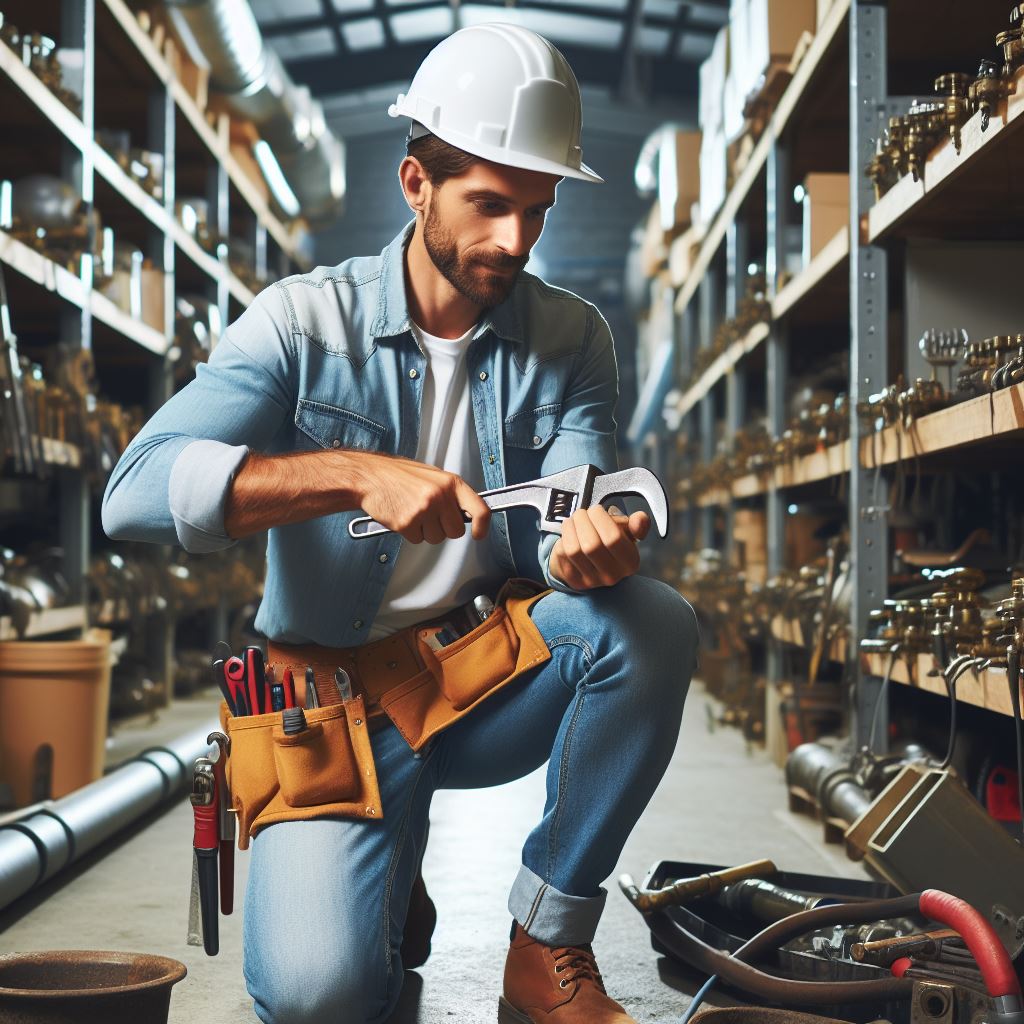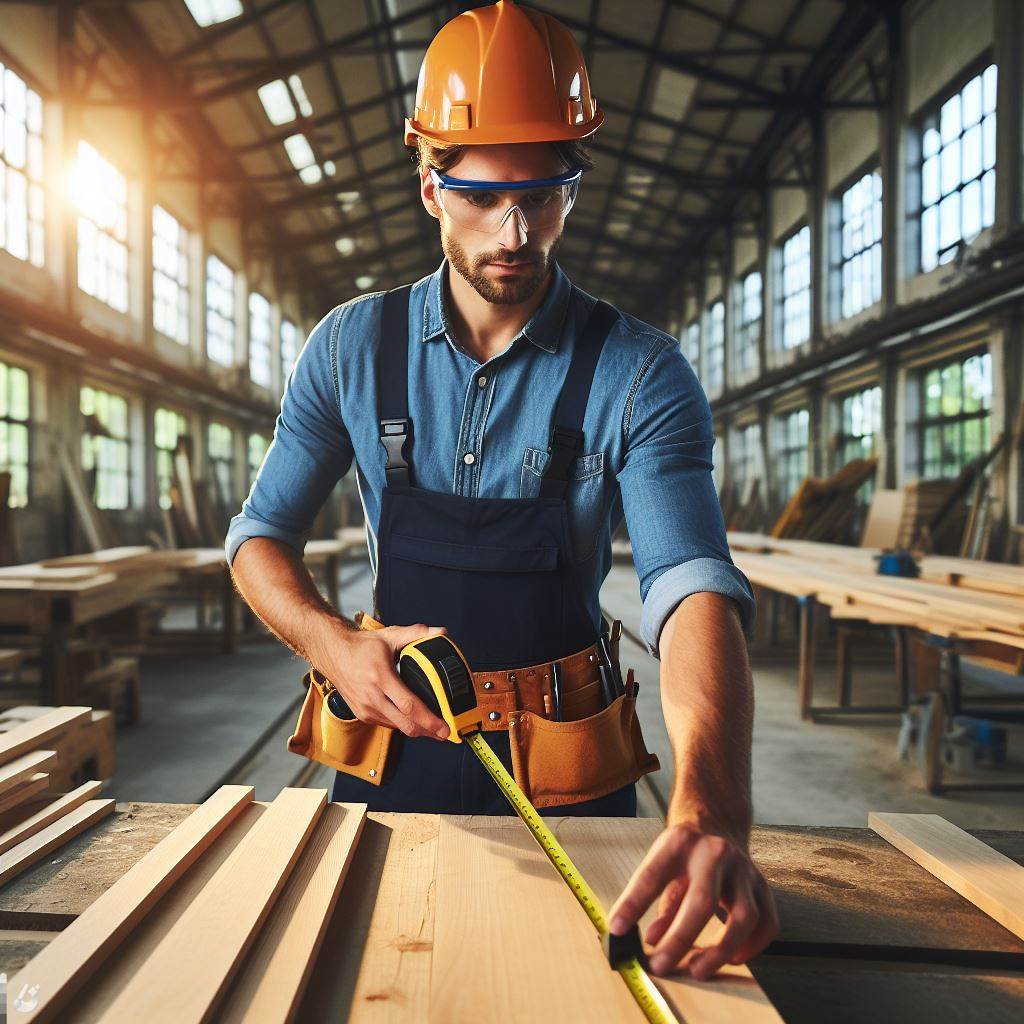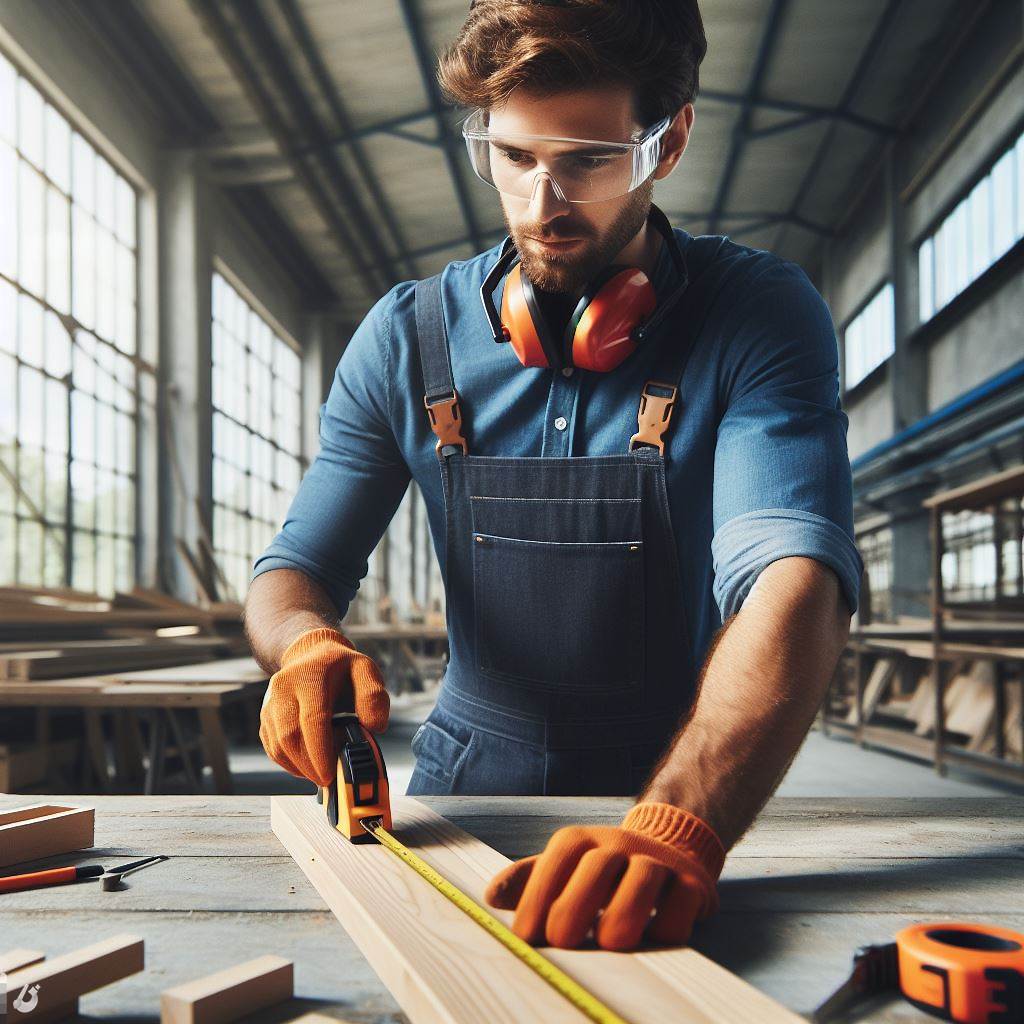Introduction
Plumbing is an essential aspect of every Canadian household, but there are numerous myths surrounding it.
Debunking these myths is crucial as it helps prevent plumbing issues and unnecessary expenses.
In the Great White North, where the climate can be as diverse as the landscapes, plumbing myths take on a distinct flavor.
From frozen pipes to the impact of extreme temperatures, Canadian homeowners face a myriad of challenges that shape the narrative around plumbing practices.
As we delve into this exploration, we will unravel the myths that have entrenched themselves in the collective consciousness, providing you with insights to safeguard your home against plumbing pitfalls.
So, brace yourself for a journey into the heart of Canadian plumbing folklore, where reality meets resilience, and knowledge becomes the key to a robust and trouble-free plumbing system.
Pouring Hot Grease Down the Drain is Okay
Explanation of why pouring hot grease down the drain is a common misconception
Many people believe that pouring hot grease down the drain is a harmless practice.
However, this is a common misconception that can lead to serious plumbing problems.
The consequences of this practice, such as clogged pipes and sewer backups
When hot grease is poured down the drain, it may appear to flow freely at first.
But as the grease cools down, it solidifies and sticks to the inside of the pipes.
Over time, this buildup can cause clogs, leading to slow drains or even complete blockages.
More importantly, hot grease that solidifies in the pipes can also attract other debris.
This can further contribute to the clogging issue and increase the risk of sewer backups.
Sewer backups can cause significant damage to your plumbing system and your property.
They can also be incredibly expensive to fix, as they often require professional intervention.
Furthermore, sewer backups can pose health hazards as they may contain harmful bacteria.
To avoid these consequences, it is crucial to dispose of grease properly.
Alternative solutions for disposing of grease properly
Here are some alternative solutions for disposing of grease:
- Allow the grease to cool completely, then scrape it into a sealable container. You can then throw it in the trash.
- Use paper towels to absorb the grease and then dispose of them in the trash.
- Reuse the grease if possible. Save it in a container and use it for cooking later.
- Recycle the grease by taking it to a local recycling center that accepts cooking oils.
By following these alternatives, you can prevent clogs and keep your plumbing system in good condition.
Additionally, it’s important to educate others about the consequences of pouring hot grease down the drain.
Spread awareness among your friends, family, and community to promote proper grease disposal.
Remember, a small effort from each individual can make a significant impact on our plumbing systems.
Read: How to Hire a Reliable Plumber in Canada
Lemon Juice Cleans Garbage Disposals
The myth about using lemon juice as a cleaning solution for garbage disposals
Using lemon juice as a cleaning solution for garbage disposals is a widely believed myth.
Many people think that the natural acidity of lemons can effectively eliminate odors and clean the disposal unit.
Unlock Your Career Potential
Visualize a clear path to success with our tailored Career Consulting service. Personalized insights in just 1-3 days.
Get StartedHowever, this belief is not entirely accurate.
Why lemon juice may not be effective in eliminating odors or cleaning the disposal unit
Lemon juice may have some cleaning properties due to its acidic nature, but it is not potent enough to tackle the tough grime and buildup that accumulates in garbage disposals over time.
The compact design of the disposal unit makes it difficult for lemon juice to reach all the nooks and crannies where bacteria and food particles can hide.
Additionally, the main purpose of a garbage disposal is to grind food waste into smaller particles that can flow through the plumbing system easily.
Lemon juice does not possess any special abilities to break down or dissolve food residues. It might mask some odors temporarily, but it cannot completely eliminate them.
Alternative methods for cleaning and maintaining garbage disposals
So, what are the alternative methods for cleaning and maintaining garbage disposals?
Let’s explore some effective techniques that will keep your disposal unit in excellent condition:
- Baking Soda and Vinegar: This dynamic duo is a powerful natural cleaning solution. Start by pouring half a cup of baking soda into the disposal, followed by one cup of vinegar. Let the mixture sit for a few minutes, and then rinse it with hot water. The chemical reaction between baking soda and vinegar helps to break down grime and eliminate odors.
- Ice Cubes: Running a few ice cubes through the disposal helps to dislodge any stuck food particles and sharpen the blades. Turn on the water and drop a handful of ice cubes into the sink while the disposal is running. The ice will help to clean the walls and blades of the unit.
- Citrus Peels: While lemon juice may not be effective on its own, using citrus peels can be a great alternative. Take some orange, lemon, or lime peels and cut them into small pieces. Run them through the disposal with a little bit of cold water. The natural oils in the peels will freshen up the unit and leave a pleasant scent.
- Regular Maintenance: To prevent clogs and keep your garbage disposal functioning properly, it’s crucial to perform regular maintenance tasks. Run cold water for a few seconds before and after using the disposal to flush away any remaining food particles. Also, avoid disposing of fibrous or hard items like bones, coffee grounds, or grease, as they can damage the unit.
By debunking the myth about lemon juice and providing alternative cleaning methods, you can now effectively maintain your garbage disposal.
Remember, it’s essential to stay consistent with cleaning and maintenance to ensure a long lifespan for your disposal unit.
Read: Innovative Plumbing Technologies in Canada
Toilet Bowl Tablets Are Safe for All Toilets
The myth surrounding the use of toilet bowl tablets
Toilet bowl tablets have gained popularity as an easy and convenient way to keep toilets clean and fresh.
However, there is a common misconception that these tablets are safe for all types of toilets.
Let’s debunk this myth and explore why using toilet bowl tablets can actually be harmful to certain toilets and their components.
- The Myth: Many people believe that using toilet bowl tablets is a safe and effective method for maintaining cleanliness in their toilets.
- The Reality: While toilet bowl tablets may seem like a simple solution, they can cause significant damage to certain types of toilets, especially those with plastic or rubber components.
Toilet bowl tablets often contain harsh chemicals that are designed to clean and deodorize the toilet bowl.
However, these chemicals can erode and deteriorate plastic and rubber parts over time, leading to leaks, clogs, and costly repairs.
How these tablets can damage certain types of toilets and their components
Some common components that can be damaged by toilet bowl tablets include:
- Flapper valve: The flapper valve is responsible for controlling the flow of water from the tank to the bowl. Harsh chemicals can cause the flapper valve to warp or deteriorate, resulting in water leakage and decreased flushing efficiency.
- Fill valve: This valve controls the water level in the tank after each flush. Tablets can corrode the fill valve, causing it to malfunction and result in continuous running water or inadequate water levels.
- Gaskets and seals: Gaskets and seals play a crucial role in preventing water leaks between the tank and the bowl. Chemicals in toilet bowl tablets can degrade these gaskets and seals, leading to leaks and potential water damage.
- Pipes: Tablets that are placed directly in the toilet tank can dissolve unevenly and create concentrated chemical solutions that may corrode the pipes over time.
Alternatives for keeping toilets clean and safe without the use of tablets
Fortunately, there are safer and more effective alternatives to keeping toilets clean and fresh without the use of toilet bowl tablets.
Here are a few options:
- Regular cleaning: Regularly cleaning the toilet bowl with a mild cleaner or a mixture of baking soda and vinegar can effectively remove stains and odors without causing damage to toilet components.
- Automatic toilet cleaning systems: Consider installing automatic toilet cleaning systems that introduce a mild cleaning solution into the flush valve or directly into the bowl.
- Eco-friendly cleaners: Opt for eco-friendly cleaning products specifically designed for toilets. These cleaners use natural ingredients and are less likely to cause damage to toilet components.
- Maintenance checks: It is essential to conduct regular maintenance checks on your toilet, including inspecting for leaks, testing flush performance, and ensuring all components are functioning properly.
In essence, the myth that toilet bowl tablets are safe for all toilets is far from accurate.
The harsh chemicals in these tablets can cause significant damage to certain types of toilets and their components.
By exploring alternative cleaning methods and conducting regular maintenance, you can keep your toilet clean and safe without risking costly repairs or replacements.
Read: Top Canadian Auto Schools for Aspiring Mechanics

All Plumbers Are the Same
The misconception that all plumbers offer the same level of expertise and service
One common plumbing myth that many Canadians believe is that all plumbers offer the same level of expertise and service.
This misconception can lead to disastrous consequences when facing plumbing issues, as hiring an inexperienced or unqualified plumber can result in shoddy workmanship, higher costs, and potential safety hazards.
The importance of hiring licensed and experienced plumbers
It is vital to understand the importance of hiring licensed and experienced plumbers.
These professionals have met industry standards and possess the necessary skills and knowledge to handle plumbing complexities effectively.
Here are some reasons why you should prioritize qualified plumbers:
In-depth Expertise
Licensed plumbers undergo rigorous training and education, enabling them to handle a wide range of plumbing problems competently.
Their expertise extends beyond fixing leaky faucets or unclogging drains; they are well-versed in complex tasks such as pipe repairs, sewer line replacements, and intricate system installations.
Quality Workmanship
Experienced plumbers take pride in their work and strive to provide excellent service.
They use professional-grade tools and follow industry best practices to ensure the job is done correctly.
Their attention to detail and precision result in long-lasting solutions, saving you from frequent callbacks and additional expenses.
Compliance with Building Codes
When it comes to plumbing installations or renovations, adhering to building codes is crucial.
Hiring licensed plumbers guarantees that your plumbing system meets all legal requirements and safety standards.
Non-compliance can lead to fines, legal issues, and potential hazards for you and your family.
Insurance and Liability
Reputable plumbers carry insurance coverage that protects both themselves and their clients.
In case of accidents or damages that occur during the plumbing work, the insurance will cover the expenses.
Hiring an unlicensed or uninsured plumber can leave you liable for any mishaps that may occur on your property.
Tips for finding reputable plumbers in Canada
Now that you understand the need for licensed and experienced plumbers, here are some tips for finding reputable plumbers in Canada:
Ask for Recommendations
Seek recommendations from friends, family, or neighbors who have recently hired plumbers.
Their firsthand experiences can help you gauge the quality of service and reliability of different plumbing companies.
Research Online
Take advantage of online resources to research local plumbing companies.
Read customer reviews, check their websites for credentials, and look for any professional affiliations or certifications that demonstrate their expertise.
Verify Licensing and Insurance
Before hiring any plumber, always verify their licensing and insurance status.
Licensed plumbers should be able to provide their license numbers, and reputable companies will have insurance coverage to protect both parties involved.
Obtain Multiple Quotes
Request quotes from multiple plumbing contractors to compare prices and services offered.
Be cautious of significantly low prices, as they may indicate subpar service or hidden costs.
Opt for a reasonable quote that aligns with the quality of work you expect.
Check for Guarantee or Warranty
Reputable plumbers stand behind their work and offer guarantees or warranties on their services.
This assurance ensures that if any issues arise after the completion of the job, they will be promptly addressed without additional charges.
Remember, not all plumbers are the same.
By hiring licensed and experienced professionals and following these tips, you can ensure that your plumbing needs are handled competently, providing you with peace of mind and reliable service.
Read: Tips for Managing a Construction Team
Duct Tape Can Fix Anything Plumbing-Related
The myth that duct tape is a reliable solution for plumbing issues
Duct tape has long been hailed as a versatile fix-all solution, but when it comes to plumbing issues, it falls short in many ways.
Let’s debunk the myth and explore its limitations.
The Limitations of Duct Tape in Plumbing Repairs
- Duct tape is not designed to withstand constant exposure to water and moisture.
- Over time, the adhesive on duct tape can deteriorate, causing leaks to reappear or worsen.
- It lacks the necessary strength and durability to handle high water pressure.
- Duct tape is prone to unraveling and losing its effectiveness in a short period.
- It can lead to further damage if used as a temporary patch instead of a proper fix.
While duct tape may provide a temporary Band-Aid solution for minor plumbing issues, it isn’t a reliable long-term fix.
It’s crucial to address problems with the appropriate plumbing techniques and materials to avoid exacerbating the situation.
Alternative Solutions for Common Plumbing Problems
Instead of relying on duct tape, consider these alternative solutions for common plumbing problems:
- Leaking Pipes: Use pipe sealants, epoxy putty, or pipe clamps to create a lasting seal.
- Clogged Drains: Try using a plunger, plumbing snake, or eco-friendly drain cleaners.
- Dripping Faucets: Replace worn-out washers, cartridges, or seals to stop the dripping.
- Running Toilets: Adjust or replace the flapper valve, fill valve, or flush handle mechanisms.
- Water Pressure Issues: Clean or replace clogged aerators, showerheads, or pressure regulators.
Keep in mind that these alternatives should be chosen based on the specific plumbing problem at hand.
In some cases, it’s best to consult a professional plumber for a more permanent solution.
In a nutshell, duct Tape is not the Cure-All for Plumbing Woes
While duct tape has its uses in various situations, it is not a reliable solution for plumbing issues.
Its temporary nature, susceptibility to deterioration, and lack of strength make it ill-suited for long-lasting repairs.
Instead, homeowners should explore alternative solutions, such as using appropriate sealants, replacing faulty parts, or seeking professional assistance if the problem persists.
Remember, addressing plumbing problems promptly and effectively will prevent further damage and save you from costly repairs down the line.
Conclusion
This blog section has debunked several common plumbing myths in a Canadian context.
It is crucial to seek accurate information and professional advice when it comes to plumbing matters to avoid unnecessary mishaps.
Bursting the bubble on myths like “Hot Water Prevents Frozen Pipes,” we’ve shed light on potential pitfalls.
The importance of accurate information and professional guidance cannot be overstated. Trust the experts for sound plumbing advice.
Help your friends dodge plumbing disasters! Share this article widely to create a ripple effect of awareness, ensuring everyone has the right tools to safeguard their plumbing systems.
Remember, knowledge is the key to a leak-free home.
In the world of plumbing, myths can clog up your understanding.
By dispelling these misconceptions, we pave the way for informed decision-making and secure, well-maintained households.
Stay informed, stay leak-free! As we conclude, let’s commit to challenging plumbing myths, promoting accurate information, and creating a community of homeowners who share and care.
By sharing this article, we can help spread awareness and prevent plumbing disasters.




